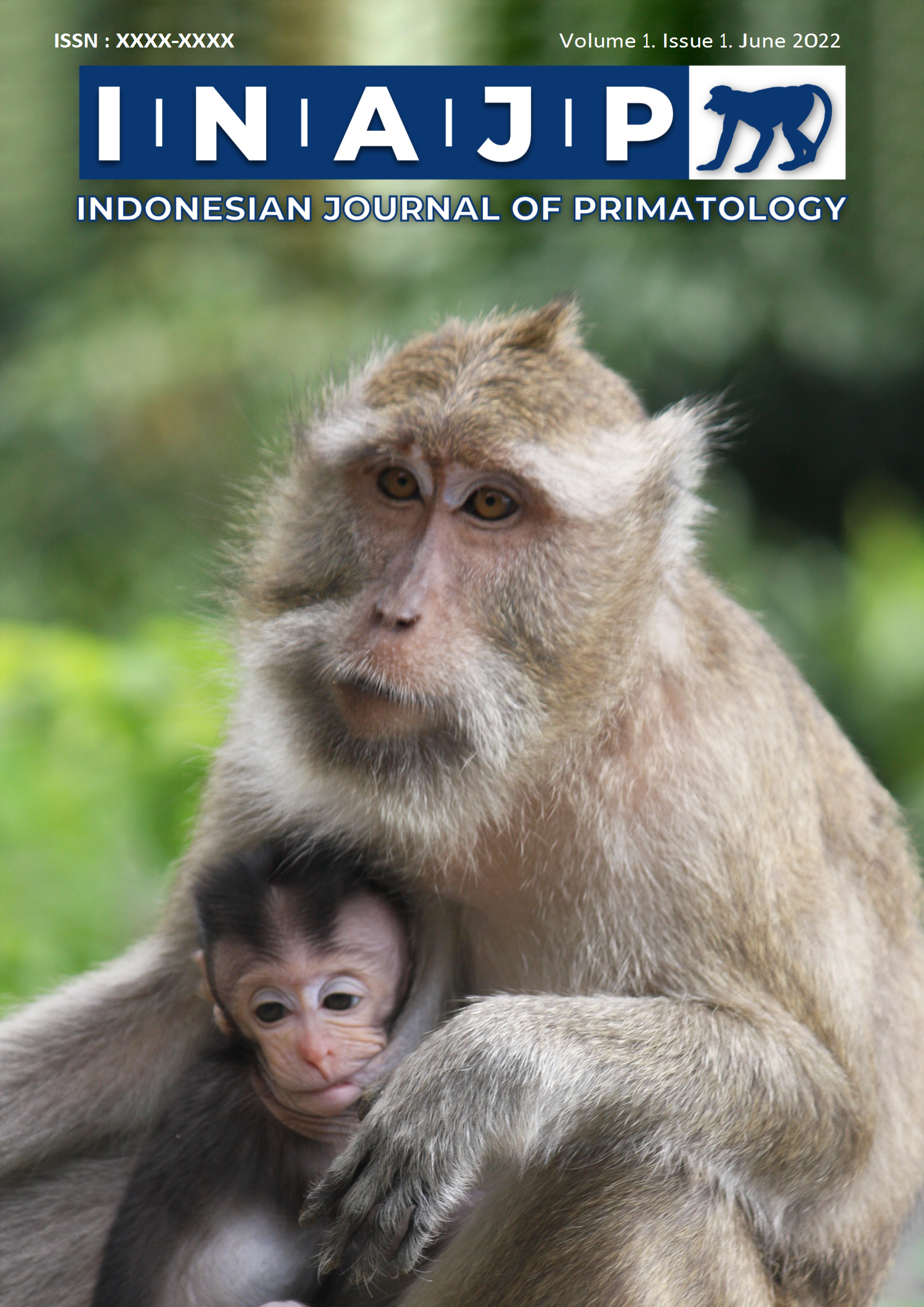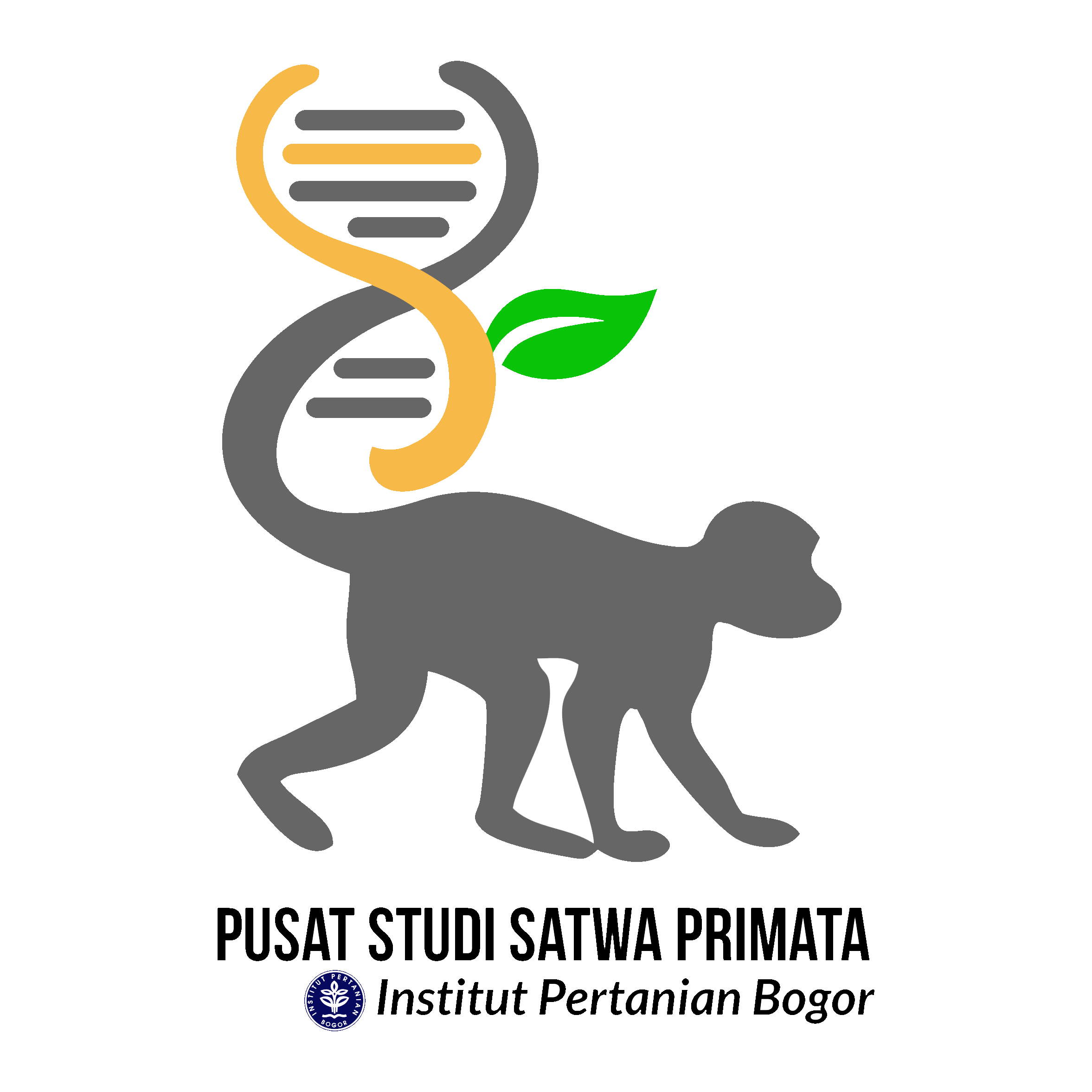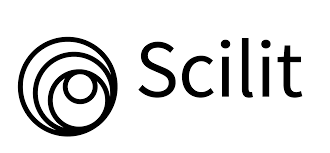Apoptosis of Human Breast Cancer Cells (MCF-7) Induced by Psidium guajava Simplisia Extract
Abstract
Cancer is one of the leading causes of death in the world. In 2014, the death rate caused by this cancer reached 585,720 cases. The most common cancers suffered by women include breast cancer (29%), lung cancer (13%), colon cancer (8%), uterine cancer (6%), and thyroid cancer (6%) (Siegel et al. 2014). Therefore, many studies have been conducted to find the best treatment for fighting this cancer. Breast cancer is caused by abnormal cells in the breast that occur continuously. Breast cancer can be affected by several mechanisms, such as angiogenesis (Schneider & Miller 2005), metastasis (Weigelt et al. 2005), and apoptosis (Yang et al. 2006). Apoptosis is a normal cell death process that occurs after several times of replication. This process of apoptosis
has a critical role in normal cells and cancer cells. Cell death due to apoptosis is regulated by an interplay between pro-apoptotic and anti-apoptotic proteins. These proteins are the result of gene expression, for example, the Bax gene that expresses the Bax protein and the Bcl-2 gene that expresses the Bcl-2 protein (Martin & Dowsett 2013).
Various kinds of treatments have been developed to inhibit the growth of cancer cells, such as radiation therapy, chemotherapy, hormone therapy, and surgery. However, this treatment only works in the early stages of cancer, and later, cells become resistant to these various treatments. In addition, multiple medications can also kill other normal cells. Therefore, research on the treatment of cancer has been developed using bioactive compounds found in natural ingredients, such as fruits (Abrahim et al. 2012). One of the plants that have been widely developed for cancer treatment is guava (Psidium guajava). This plant has been known to have many purposes, such as antibacterial, antidiarrheal, anti-acne, and anti-inflammatory (Ryu et al. 2012). This study aims to examine the effect of guava extract on the induction of apoptosis in MCF-7 breast cancer cells (ATCC HTB 22), which can later be used as candidates for anticancer drugs.
As our aim is to disseminate original research articles, hence publishing rights is necessary. The publishing right is needed in order to reach an agreement between the author and publisher. As the journal is fully open access, the authors will sign an exclusive license agreement, where authors have copyright but license exclusive publishing rights in their article to the publisher. The authors have the right to:
- Share their article in the same ways permitted to third parties under the relevant user license.
- Retain patent, trademark, and other intellectual property rights including research data.
- Proper attribution and credit for the published work.
For the open access article, the publisher is granted the following rights.
- The exclusive right to publish the article, and grant rights to others, including for commercial purposes.
- For the published article, the publisher applied for the Creative Commons Attribution-NonCommercial-ShareAlike 4.0 International License.

This work is licensed under a Creative Commons Attribution-ShareAlike 4.0 International License.















